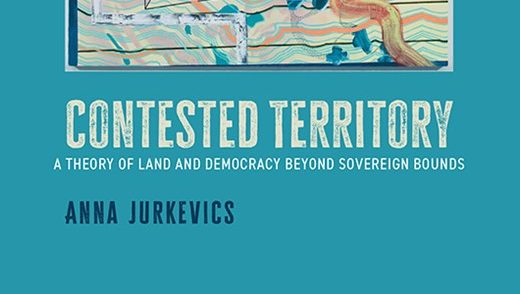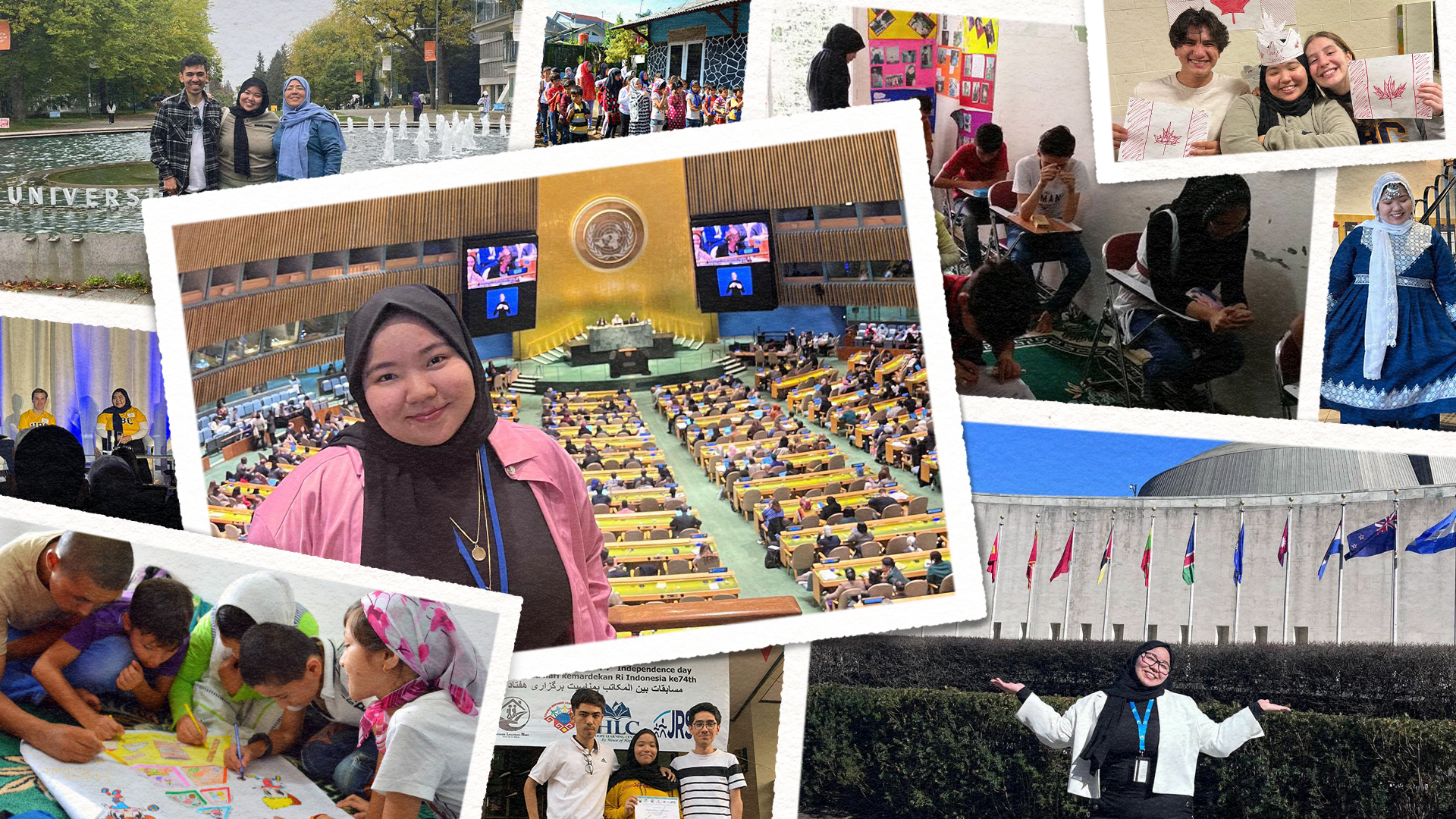The Department of Political Science welcomed Dr. Sophie Borwein to UBC this past September as an Assistant Professor. Dr. Borwein joins us from Simon Fraser University’s School of Public Policy, where she taught after earning her doctorate from the University of Toronto.
We spoke to Dr. Borwein about her research and what she’s looking forward to about being at UBC.


Assistant Professor Sophie Borwein
Can you tell us a bit about your research? What are you currently working on?
My research mostly sits at the intersection of political economy, public opinion, and public policy. Currently, I have two core focuses in my research. The first focus is on understanding how people’s local contexts and communities act as meaningful group identities for them, shaping their political behaviour and policy preferences. The second focus is on understanding how people respond to economic disruption associated with technology (like generative AI) as compared to other labour market shocks, and what policies and politics they want in response.
What have you enjoyed the most about your first three months at UBC? Has anything surprised or challenged you?
Between the Department’s Distinguished Speaker Series, job talks, and the Comp-Can seminar series (which I’m helping organize), I’ve gotten to attend a number of super interesting talks this semester. That’s been a highlight. So has been engaging with UBC’s fantastic undergraduate and graduate students, and learning about their research interests.
There are always small challenges associated with starting new jobs (like figuring out where your classroom is, or how to use the printer). I’ve asked a lot of people a lot of questions in the last few months, but everyone has been so nice and helpful.
Where do you hope your research will go while at UBC?
I just finished fielding a survey with colleagues in Canada and the US, examining how people think about the benefits and risks of generative AI. I’m particularly interested in how gender shapes attitudes around workplace technological change.
In Term 1, you taught POLI 405H Topics in Canadian Politics — Groups, Identities and Political Behaviour: Canada in Comparison. Can you tell us about the class? What made it exciting or new for students?
I think you’d have to ask the students if they find the class exciting, but I hope they do! The course is focused on understanding political behaviour through a social identity lens—how our identities are implicated in our politics. Recent phenomena such as the election of Donald Trump and Brexit have spurred a lot of research in the area, which means I get to assign a lot of new and cutting-edge research, which I think makes the class fun.
What are some of your favorite things to do in your spare time?
I think I’m a bit of a Vancouver stereotype. I like hiking, running on the Seawall, and walking – I walk a lot around this city. I also like complaining about the rain.


